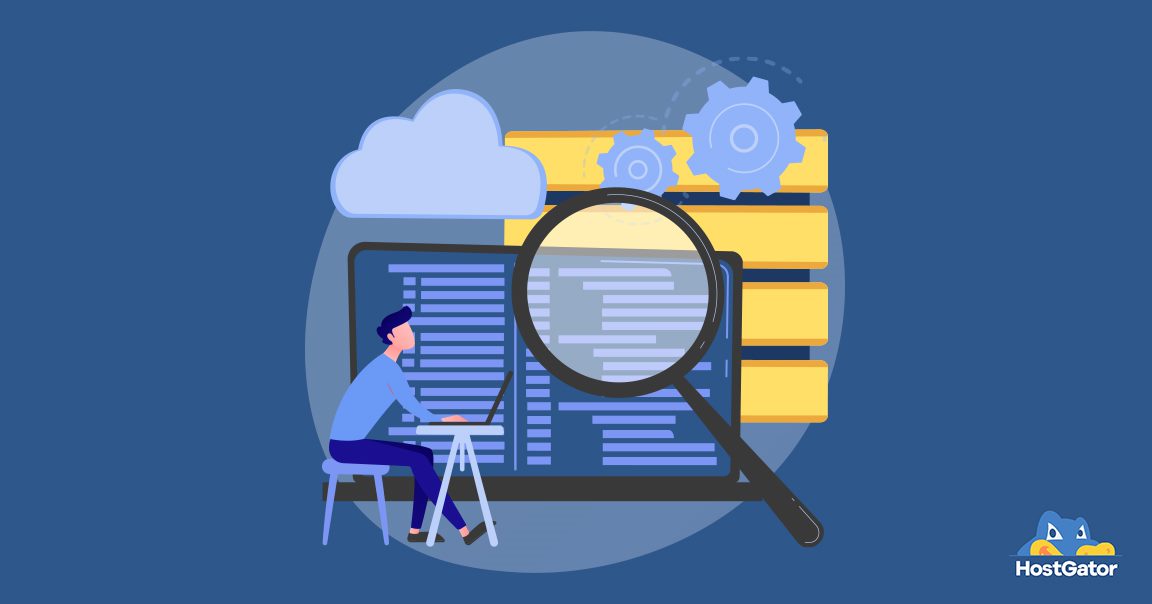Establishing a new company is a thrilling adventure that requires making a lot of important decisions. One of the most crucial choices a startup faces is selecting the right infrastructure to support its growth.
This is where features of cloud hosting come into play, offering a perfect solution that can adapt to a startup’s changing needs. Let’s explore how cloud scalability can give new businesses a significant advantage.
Cloud Scalability Definition
Before we dive into the benefits, let’s understand What is Cloud Scalability?
Cloud scalability is the ability of a cloud system to grow or shrink its resources based on what a business needs at any given time. To put it simply, it refers to the capability to increase or decrease IT resources as needed to meet changing demands.
This flexibility is a key feature of cloud hosting, allowing businesses to adjust their digital infrastructure without the hassle of buying and setting up physical hardware. Imagine having a magical storage unit that could expand when you need more space and shrink when you don’t – that’s essentially what cloud scalability offers for your digital needs.
This adaptability enables organisations to efficiently manage their resources, scaling up during high-demand periods and scaling down when demand decreases, all while maintaining optimal performance and cost-effectiveness.
Features of Cloud Hosting
Cloud scalability comes with several key features that make it ideal for startups:
-
Auto-Scaling
This feature automatically adjusts your resources based on demand. It’s like having a smart assistant that monitors your needs and makes adjustments without you having to lift a finger.
-
Load Balancing
When you have multiple servers, load balancing distributes the work evenly among them. Preventing any one server from being overloaded guarantees optimal performance even during peak hours.
-
Resource Monitoring
Cloud platforms provide tools to keep an eye on your resource usage. This helps you understand your needs better and make informed decisions about scaling.
-
Global Reach
Many cloud providers have data centres around the world. This allows you to serve your customers from locations closer to them, improving speed and reliability.
Scalable Cloud Web Hosting: A Game-Changer for Startups
When it comes to hosting your startup’s website or web application, scalable cloud web hosting offers several advantages:
-
Handle Traffic Spikes
If your startup suddenly goes viral or launches a successful marketing campaign, scalable cloud web hosting can handle the influx of visitors without your website crashing.
-
Improve User Experience
Cloud scalability makes sure that your website or app is quick and responsive even as your user base develops, giving your consumers a continually positive experience.
-
Support for Growth
Whether you’re adding new features, expanding to new markets, or increasing your product line, scalable cloud web hosting grows with your business, supporting your long-term success.
What Scaling Models are Available on the Cloud?
When we talk about scaling in the cloud, there are three main ways to do it:
- Vertical Scaling (Scaling Up): This is like upgrading your computer. If you need more power, you add more resources to your existing server. It’s simple but has limits based on the server’s maximum capacity.
- Horizontal Scaling (Scaling Out): Instead of making one server bigger, you add more servers to share the work. It’s like having a team of computers working together, which allows for much more growth.
- Diagonal Scaling: This is a mix of both vertical and horizontal scaling. You upgrade your servers until they reach their limit, then start adding more servers. It’s a flexible approach that combines the best of both worlds.
How to Leverage Cloud Scalability for Your Startup
Now that we understand the benefits, here are some tips on how to make the most of cloud scalability:
-
Choose the Right Provider
Look for a cloud provider that offers the scalability features you need. Consider factors like performance, cost structure, support and security when making your choice.
-
Start Small, Think Big
Begin with the resources you need now, but choose a provider that can support your future growth. This way, you’re prepared for success without overcommitting resources upfront.
-
Use Auto-Scaling
Take advantage of auto-scaling features to automatically adjust your resources based on demand. This helps optimise performance while keeping costs in check.
-
Monitor and Optimise
Regularly review your resource usage and performance metrics. Over time, this will allow you to see patterns and improve your scaling approach.
-
Plan for Data Management
As you scale, your data will grow, too. Make sure you have a plan for managing and backing up your increasing data volumes.
Cloud Scalability Benefits for Startups
Now that we understand what cloud scalability is, let’s look at why it’s so great for new businesses:
-
Cost-Effectiveness
For startups, every penny counts. Cloud scalability allows you to pay only for what you use. It’s like having a utility bill that adjusts based on your consumption. This pay-as-you-go model helps startups avoid large upfront investments in IT infrastructure.
-
Rapid Growth Support
Startups often experience sudden growth spurts. Cloud scalability ensures that your IT infrastructure can keep up with your success. Whether you need to handle more website visitors or process more data, the cloud can quickly adjust to meet your needs.
-
Flexibility and Agility
The business world changes fast, and startups need to be able to pivot quickly. Cloud scalability gives you the flexibility to try new ideas without committing to expensive hardware. If a new feature is successful, you can easily scale up. If not, you can scale back down without wasting resources.
-
Focus on Core Business
With cloud hosting managing your IT infrastructure, your team can focus on what really matters – developing your product or service. You don’t have to worry about server maintenance or IT issues, allowing you to channel your energy into growing your business.
-
Enhanced Security and Reliability
Many cloud providers offer top-notch security features that might be expensive for a startup to implement on its own. Additionally, cloud systems often have built-in redundancy, meaning your data and applications are backed up across multiple servers, reducing the risk of downtime.
Overcoming Challenges in Cloud Scalability
While cloud scalability offers many benefits, it’s important to be aware of potential challenges:
-
Cost Management
Although scaling might result in cost savings, improper management can also cause unforeseen expenses. Keep a close eye on your usage and set up alerts to avoid surprises.
-
Complexity
The management of your cloud infrastructure can get harder as it gets bigger. Consider using management tools or partnering with experts to help navigate this complexity.
-
Security Considerations
As you scale, ensure that your security measures scale, too. Review and update your security measures often to keep your growing business safe.
Conclusion
Cloud scalability helps startups compete with bigger, more established enterprises. By providing the ability to quickly adjust resources, manage costs effectively and focus on core business growth, cloud scalability offers startups the agility and efficiency they need to succeed.
Supercharge your startup with HostGator cloud hosting! Our scalable solutions offer auto-scaling, load balancing and global reach. Pay only for what you use while enjoying top-notch security and reliability. Grow fearlessly with HostGator!









